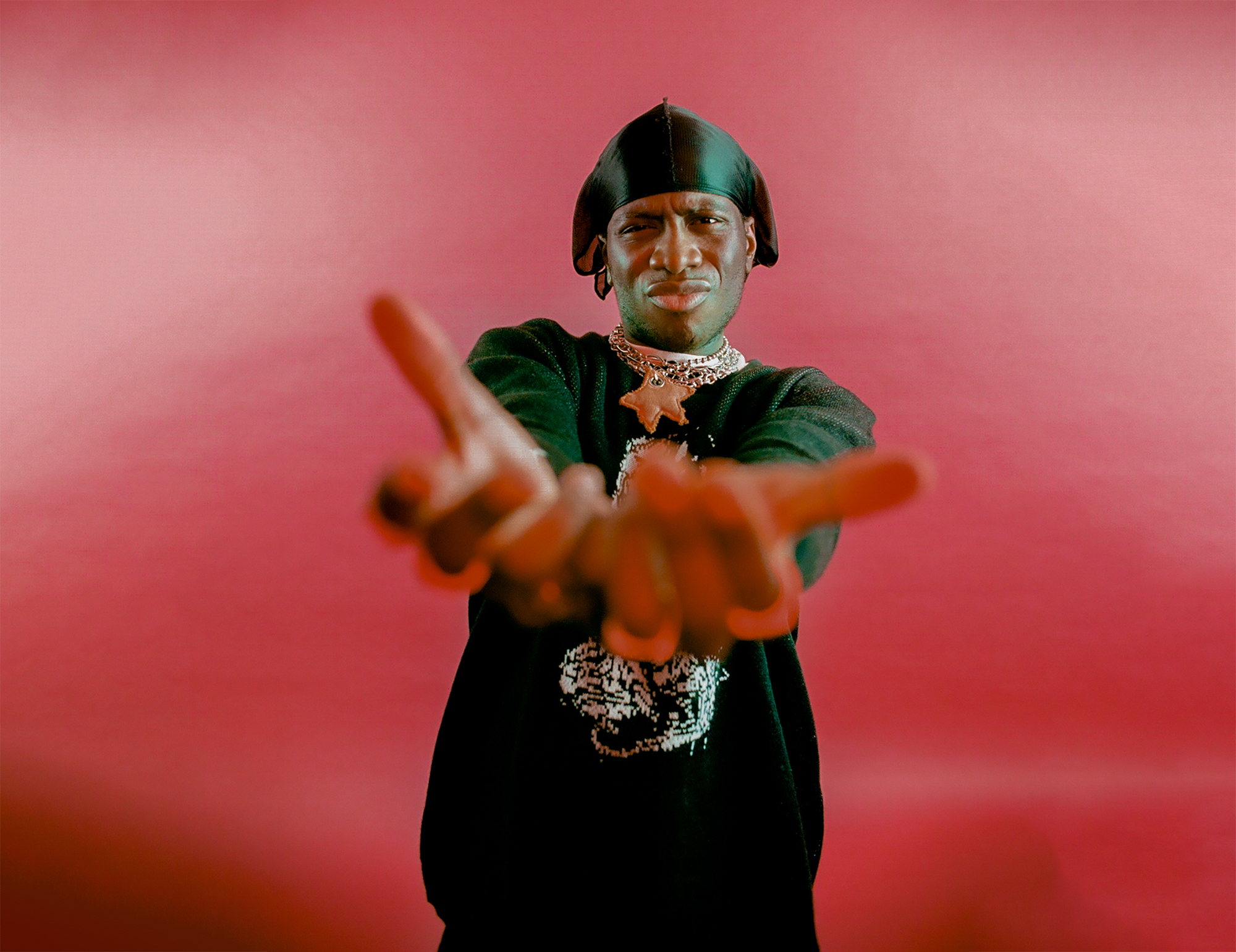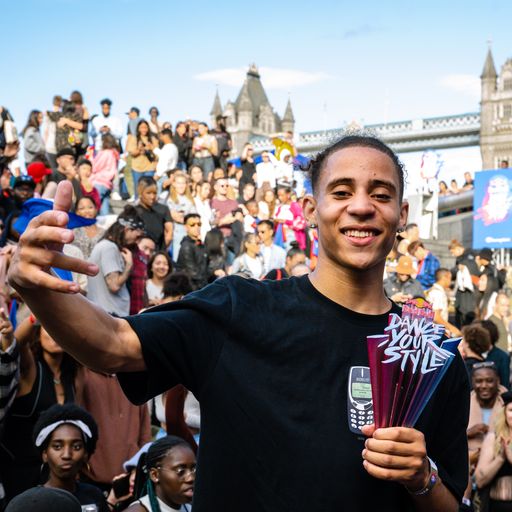Contemporary Brazillian artist Luedji Luna on her Jazz Cafe debut, The Afro-Brazillian Diasporic experience and Motherhood.
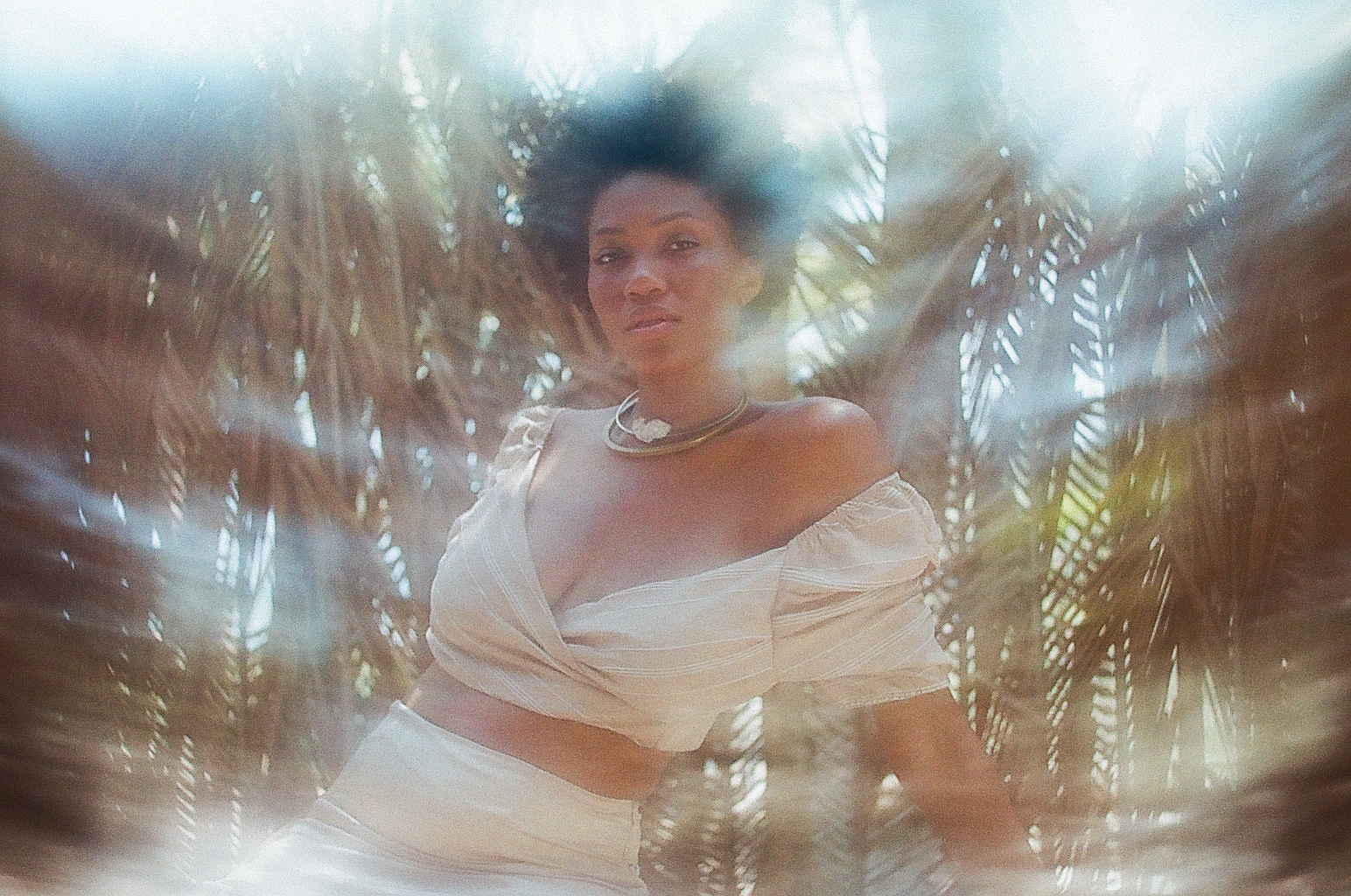
Returning to the international stage, Luedji Luna, one of North Eastern Brazil’s most exciting contemporary artists, took her latest album ‘Bom Mesmo É Estar Debaixo D’água’ on a tour around Europe. Dressed entirely by Burberry, a first for any Brazilian artist, Luedji showcased her alluring Grammy-nominated album, stopping first in London, at the Jazz Café, before visiting Brno, Berlin, Barcelona, Lisbon and Porto. In light of Brazil’s October general elections, which saw far-right leader Bolsonaro gain more votes than the polls had anticipated, Luedji Luna stood this summer as an ambassador of a very different kind, touching at the heart of what Brazil and its people are really about. Combining a strong and varied percussive base, with haunting melodies and spoken word, Luedji tackles themes of love, womanhood and identity. It was a suitably intimate set-up at the Jazz Café, and her presence was met with adoration and familiarity from the excited crowd. The talented musician showcased her versatile repertoire, moving between beautiful piano-led ballads, to jazz fusion and candomblé-inspired Brazilian pop, to African polyrhythms backed by West African spinning guitars. Winner of both the 2018 New Talents Award for SIM, as well as tagged the most influential singer of the new generation by Salvador News, Luedji Luna is one to watch out for. GUAP Magazine sat down with the rising star and spoke about everything ranging between ancestry, childhood, motherhood, love, spirituality, and São Paulo’s concrete jungle.
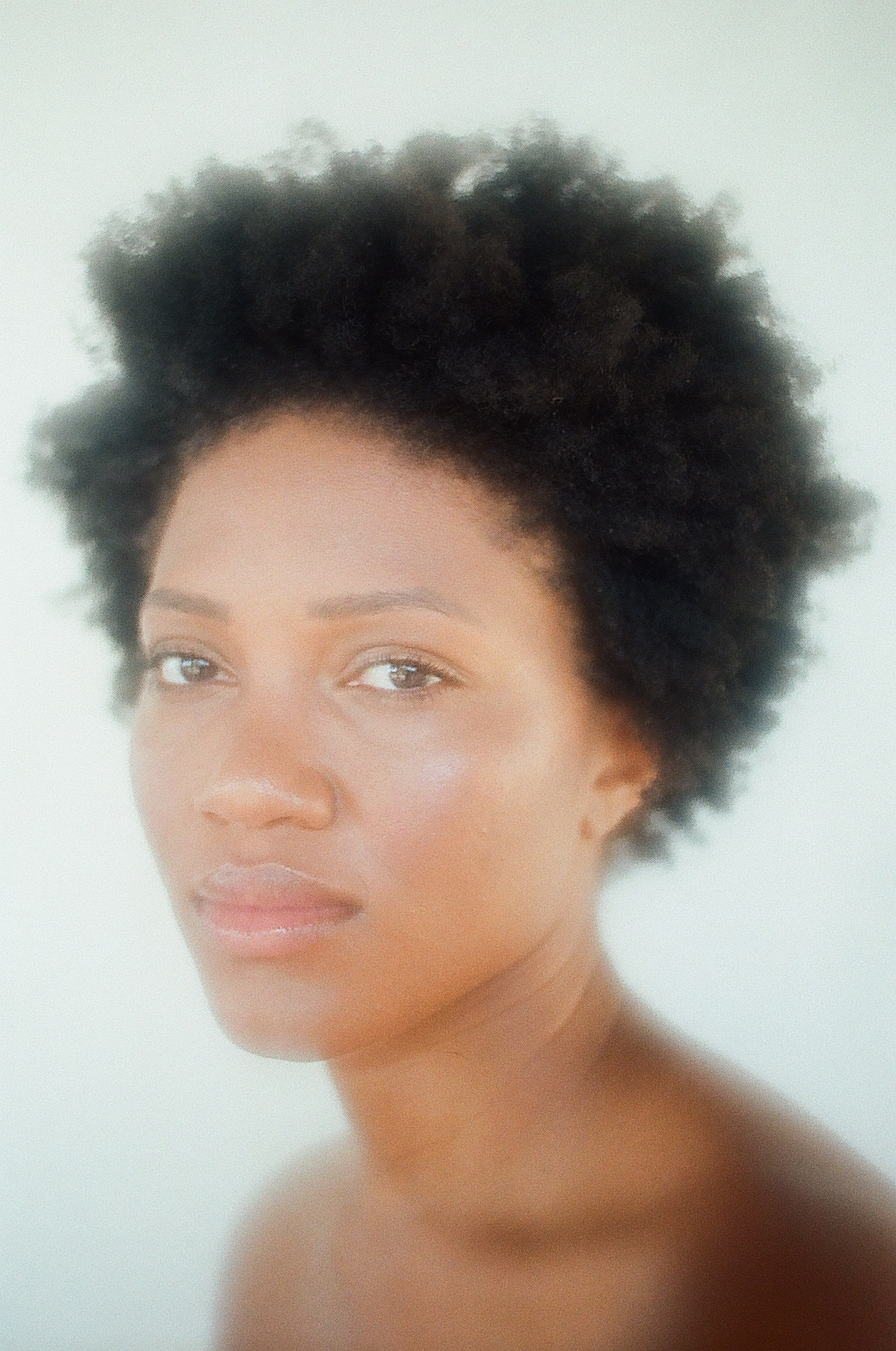
I just wanted to start by saying that it was really wonderful seeing you at the Jazz Cafe the other week. The Jazz Café is an important place for me as it’s where my appreciation for music began as a teenager. It’s a venue that inspires a real love for genres from all over the world. What was your experience like there, up on stage?
It was incredible! It was my first time in London and so, of course, my first time at the Jazz Café too. That stage has so much history, lots of artists who I am a fan of have passed through there, and I’d heard lots of great things said about the Jazz Café. Many established Brazilian artists who go to play in London perform at the Jazz Café, so I felt very honoured to be a part of that story.
It’s true that the Brazilian presence that night was amazing, we really got the impression of a Brazil away from Brazil. In fact, that sense of being surrounded by a Brazilian diaspora is something that you talked about during your performance. What was that experience like for you, considering that the thematic content of your new touring album focuses so heavily on the subject of diasporas?
Well in fact, the very song that projected me musically, and the work I became known for, tackles this debate. It centres around the question of the Brazilian identity, which is made up of various diasporas, amongst them the African diaspora, and the many contradictions we see within that. But wherever I go, be that in Brazil, or in the world, I find that diaspora, and so it was very moving to see the audience singing my songs, be that from the first album or my more recent work. That night was the beginning of my international tour, so it started off really well. And it was spicy wasn’t it? I felt such a warm welcome, and it gave me a lot of energy to continue on to the next countries.
You grew up in Bahia, Salvador, didn’t you? I know your father was a political activist, and a big proponent of literary movements such as the palavra preta. Were there any genres of music, or artist trends, that you feel you were exposed to whilst growing up? And are there any references from Bahia itself that have stayed with you until today?
Yes, Salvador is the capital of Bahia, and the city I was born in. It’s a very musical city by nature. Historically, Bahia has presented artists who founded Brazilian music as we know it. Caetano Velosa, Gilberto Gil, Maria Bethânia are all from Bahia, and these names are central to the history of Brazilian music. My house was always very musical despite my parents being civil servants with formal day jobs, and so I grew up listening to all of them. My father especially had a very intimate and strong relationship with music, and with political movements, as you mentioned. In terms of references, I’d say Gilberto Gil, Milton Nascimento, Luiz Melodia, Djavan are names that were very common in my house, as well as a lot of reggae. I think the strongest influence I have from Bahia specifically, is reggae. It’s a style of music that has a strong presence in both Bahia and Maranhão alike. Few people know this, but these are the two states which consume and produce the most reggae in Brazil. We see it in afro-music collectives such as Olodum. So as a result, I really like big blasts in my music. I like a very strong base, because of my memories of the reggae that I would listen to at home and throughout my city.
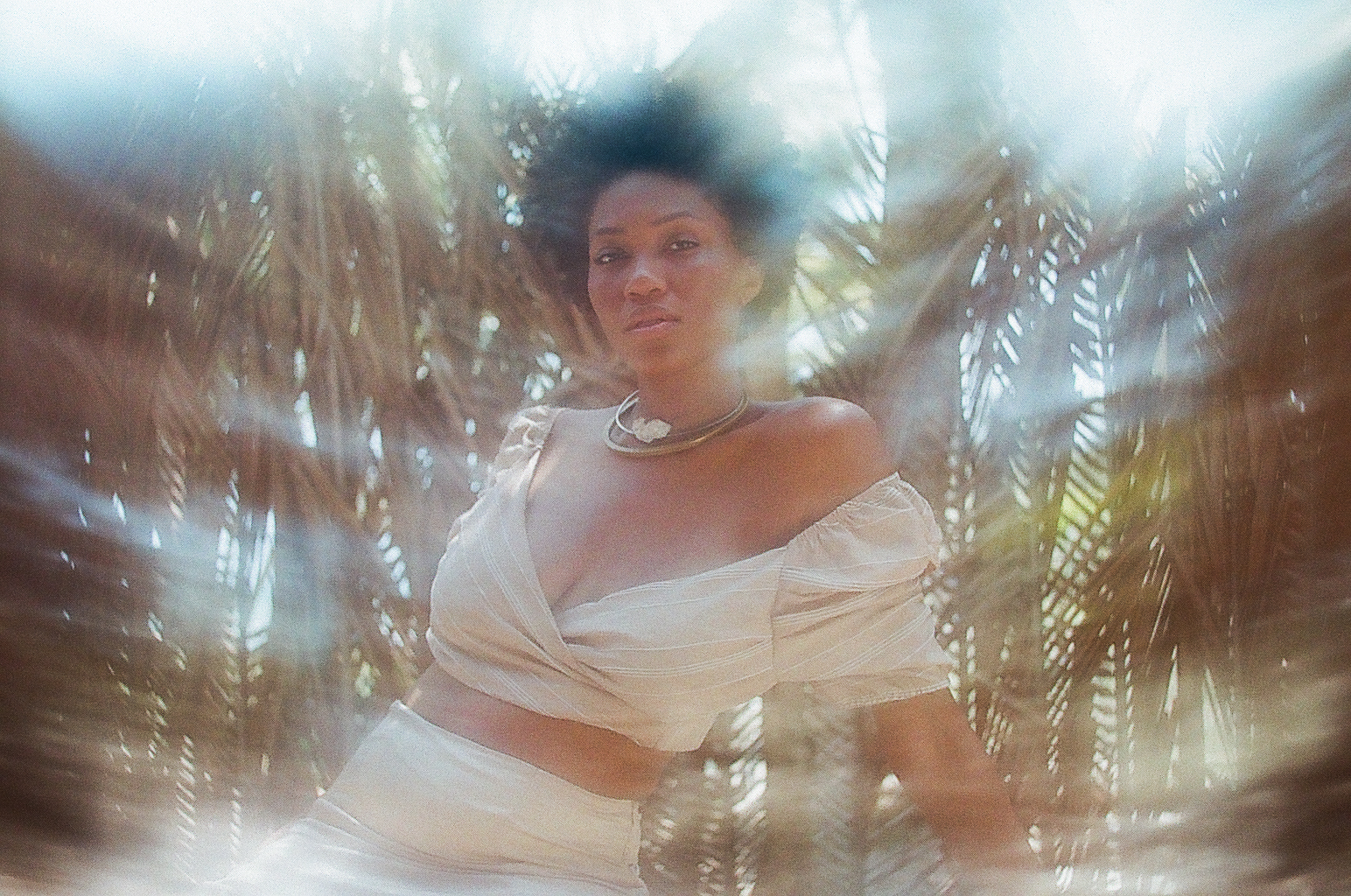
Salvador is a city where the presence of the Candomblé is strongly felt. And indeed, there are lots of references to the religion in your music. I mean the title of your most recent album makes that clear, if we think of Iemanjá, the deity of the underwater world and sea. How do you explore this important spiritual aspect of the Afro-Brazilian diaspora through music?
I think it’s a very natural process for me, because it isn’t something mandatory. I don’t do it to fly any political flag, even though it is undeniably political to reference Candomblé in a country which historically persecuted and rejects religions from African countries. But I don’t compose with this in mind, at least to this day I haven’t. I think maybe one day I will compose an album exclusively of Macumba, but the day hasn’t come yet. At present, the song where Candomblé features as the strongest reference is Banho de Folhas which, by chance, was also a song that became incredibly popular. It became a great hit, and to this day I think it is my most well known song in Brazil, and in the world. And it is a song in which I am very literal about bringing those elements into the lyrics. I speak of Oxalá, a well venerated deity in Candomblé, of sacred leaves, and of Yoruba (a traditional religion from West Africa). So it is the song that is most overt in its exploration of Candomblé, however my songs, the way that I make music, all my reference points, and generally the way I walk through life, naturally intersects with my poetics and the way that I make music, and it is all linked to my spirituality. I am a follower of Candomblé – I was initiated six years ago now – so I notice that it is there, and I intend to make more of this religiosity in the future, as something even more present in my music.
Thank you so much for sharing. I’m curious, but could you explain more about the meaning behind your recent album’s title? What does ‘Bom Mesmo É Estar Debaixo D’água’ connote for you?
Yes, ‘Bom Mesmo Estar Debaixo D’água’ is a name that draws on a lot of references isn’t it. The primary one being water, obviously. It’s an album which speaks a lot of love, and of affections which I harboured around water. I am from Salvador, a city which has 350 kilometres of coast, and so I draw on those memories of where I learnt to love, where I had my first kiss, days out with my family, with my parents, trips we would take all together by boat, walks along the Bay of All Saints, on the island. The list goes on, but so when I think of this first source of love, which is family, there is always the presence of the sea, of the water. Not just saltwater, but also freshwater. I remember my father used to bring me to Lake Abaeté, when it was still clean, and he taught me to swim, which in turn was also a way of expressing love. So that’s the first thing. The second point is that I made this album when I was pregnant with my first son. The abdomen, which during pregnancy is full of water, is also full of love and affection. It’s a place that’s safe, secure, warm. “Bom memo… “ is a sentence that I extracted from a song by a Brazilian composer. I thought it was a very beautiful phrase, and it seemed to capture the essence of the album, and the work, which is love.
Speaking of water, and excursions into nature, would you say that the natural world is something that offers you a lot of inspiration? Do you have much contact with it in your day to day life?
Well, I live in São Paulo. I’m from Salvador, but I live in São Paulo, which is a very grey city *she laughs*. It’s a concrete jungle, so my relationship with nature takes a different form, which I have learnt to love. I feel that São Paulo, despite the grey, the cold and the concrete, has so much life, so much movement. It’s a powerful city, you’re able to feel important there, as though you are creating and making things happen. That’s why I chose it, and it’s why I’ve been here for 7 years, it’s got a different kind of nature. But I am, and I continue to be, a girl from Bahia, *she laughs*, who speaks slowly, who likes the sea, who likes to be barefoot all day. I’m not afraid of nature, I grew up with a curiosity for it. We’d see insects on the ground, you know, we’d look at the ants, we’d examine them and touch them. You don’t really see insects in the same way here in the city, you don’t see any animals. Of course there are birds, but the contact with nature here is very scarce. As a family though we are always nourishing ourselves with Bahia. We’ll be travelling there soon, and we are always there at the end of the year. So in this way we maintain some contact with nature which sustains us.
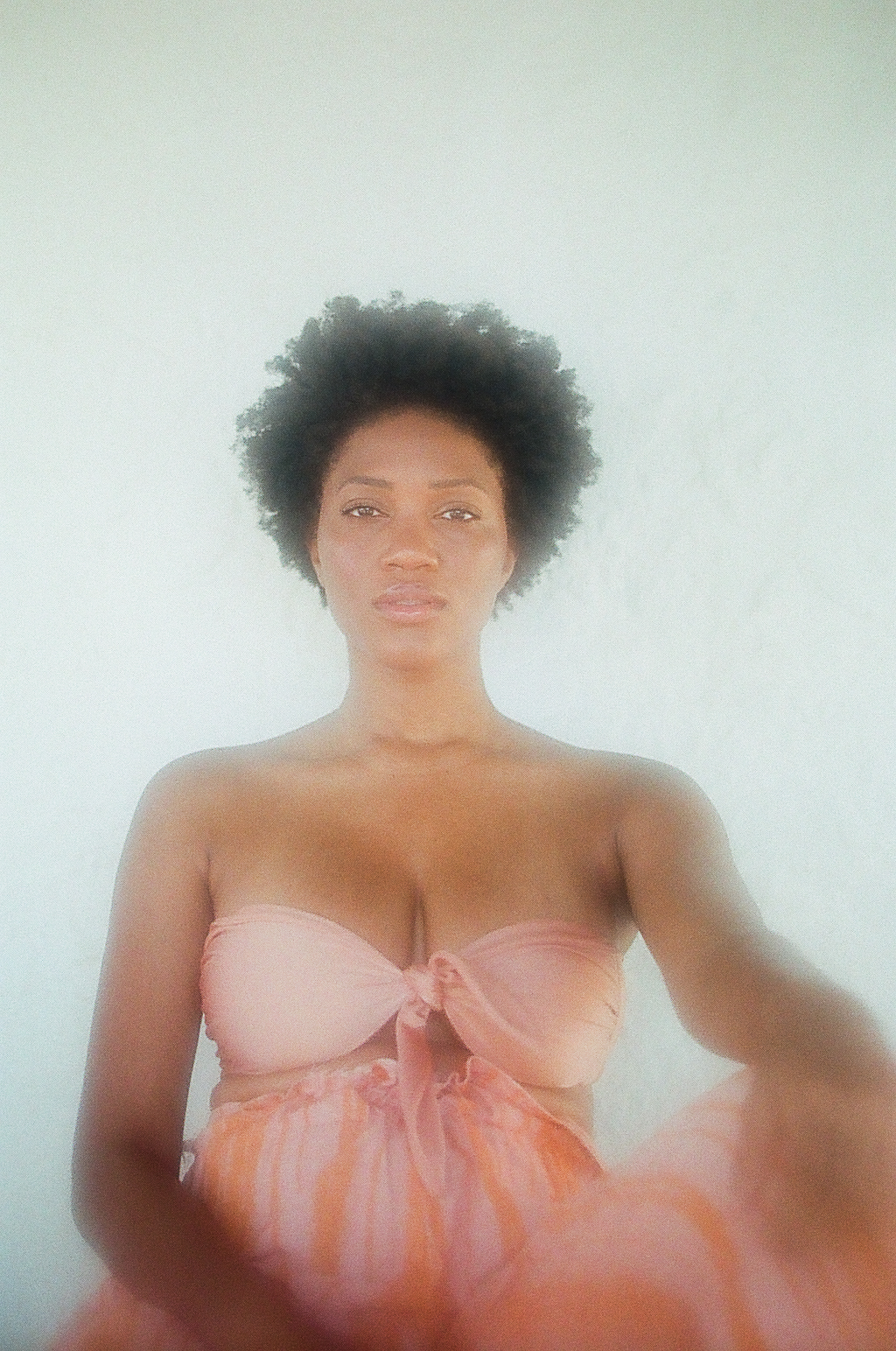
This is particularly pertinent when we consider the restricted access to the outside world that we all endured over the last few years through Covid. Did you notice any change in the way you produced and created work during those years?
If I’m being honest, when the pandemic began, I was preparing to launch my latest album. I had already written the songs and recorded it. So in fact my creative process occurred before the pandemic. It was all ready to go, but I decided to postpone the launch because of the pandemic, because I didn’t know what would happen, well no one knew anything. It seemed like the world might just end there and then. So I decided to delay the launch. And at the same time, I gave birth, I became a mother, and I became focused on maternity. So lots of people ask me if I wrote lots, if I did things, if I created, and I have to say listen I was creating a human being. Everything I had needed to do for my album was completed and done, and so I just focused on becoming a mother. And also, I felt a bit sad to not be singing, and because of everything that was going on in Brazil. I’d say that motherhood saved me.
That’s very powerful, particularly considering the thematic content of the album. And actually speaking of new music we are all very excited for the launch of your Deluxe Album next month. Without giving any spoilers of course, what are you hoping your listeners will get from this album in comparison with the last?
Well it’s going to broach the same themes, and I will be speaking about love. But I will be talking about more literal and straightforward love, and I feel that people will be able to identify themselves more with what I sing about. And also, it will be in line with R&B, neo-soul, lots of jazz, a bit of rap, so in that sense it’s a little different from what I have done in the past. Out of all my albums I think it is the one that is the most pop, let’s say, without being pop, but it has undertones of genres which are more globally recognised, and it isn’t so obviously Brazilian music.
Well we are all very excited. Sadly, our time is running out, but I wanted to ask a final question. Who is your favourite contemporary artist at the moment?
Okay, I’m going to give you a list. Firstly, Bebe – she is an eighteen, twenty at most, year old girl from the inside of São Paulo, who just launched an incredible album. Also Ludzilla, who launched a rap album this year and who played at the Jazz Café as well. I’m also listening to Me-li, who is a young artist from Bahia, who hasn’t yet launched an album, but whose work is on the internet. She does a lot of R&B with pagoda from Bahia, it’s super original.




![ZINO VINCI’S ‘FILTHY & DISGUSTING’EP BRINGS YOU TO THE CORE OF THE ARTIST [@ZinoVinci]](https://guap.co/wp-content/uploads/2023/10/Zino-4.jpg)

